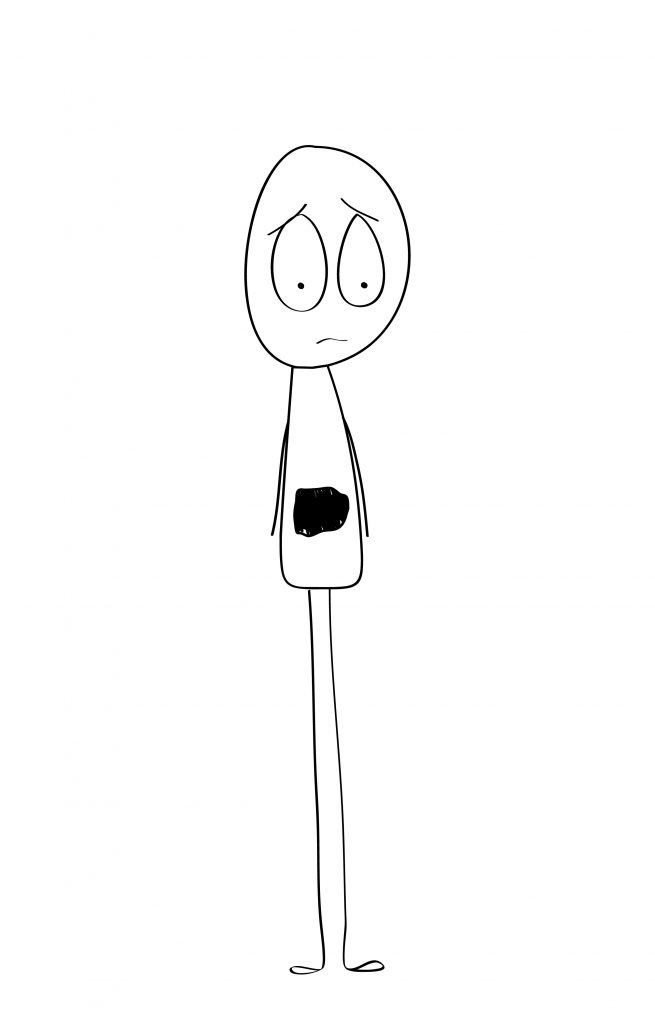
In Emotion-Focused Therapy, we se depression as a kind of signal that you have important emotional needs that seem impossible to get met. This may be a need for recognition from someone you care about, comfort, support, safety, closeness or standing up for yourself against someone who treats you poorly. However, past experiences, or the situation and the relationships you are in, makes it feel as if it is a battle you can’t win. Then the body enters into a kind of state of resignation, i.e. depression.
Depression can take on different masks. You may feel sad and frustrated at how your life is going, or feel more hopeless and overwhelmed. Others become more irritated, angry, and blames the outside world. And some literally turn off their feelings, feeling numb or emotionally flat. However, this is not a pleasant state as it also means absence of joy, interest and vitality, like nothing really matters.
Depression can be seen as a state where the organism is trying to save energy rather than continue at what seems futile. When this conserving of energy persists, it is neither helpful nor necessary.
In Emotion-Focused Therapy, we are working on exploring your emotions to make sense of them and be able to handle them in a better way. This may involve sorting out the emotional chaos, working with emotional conflicts, self-criticism, or difficult relationships to your loved ones. Sometimes there is a need to work with reconnecting with your emotions. There is a joint effort between the therapist and the client to explore emotional experiences to get life going again.
